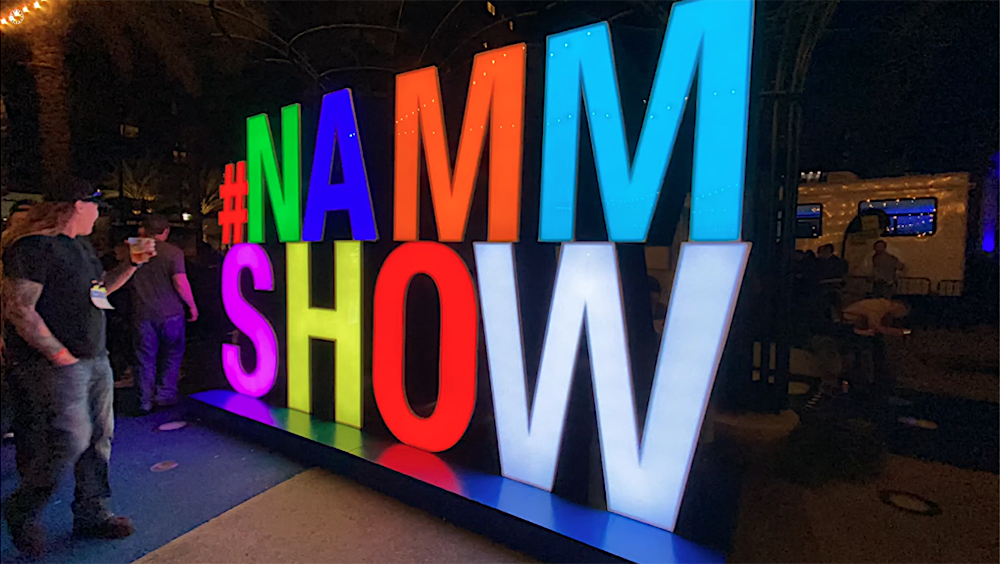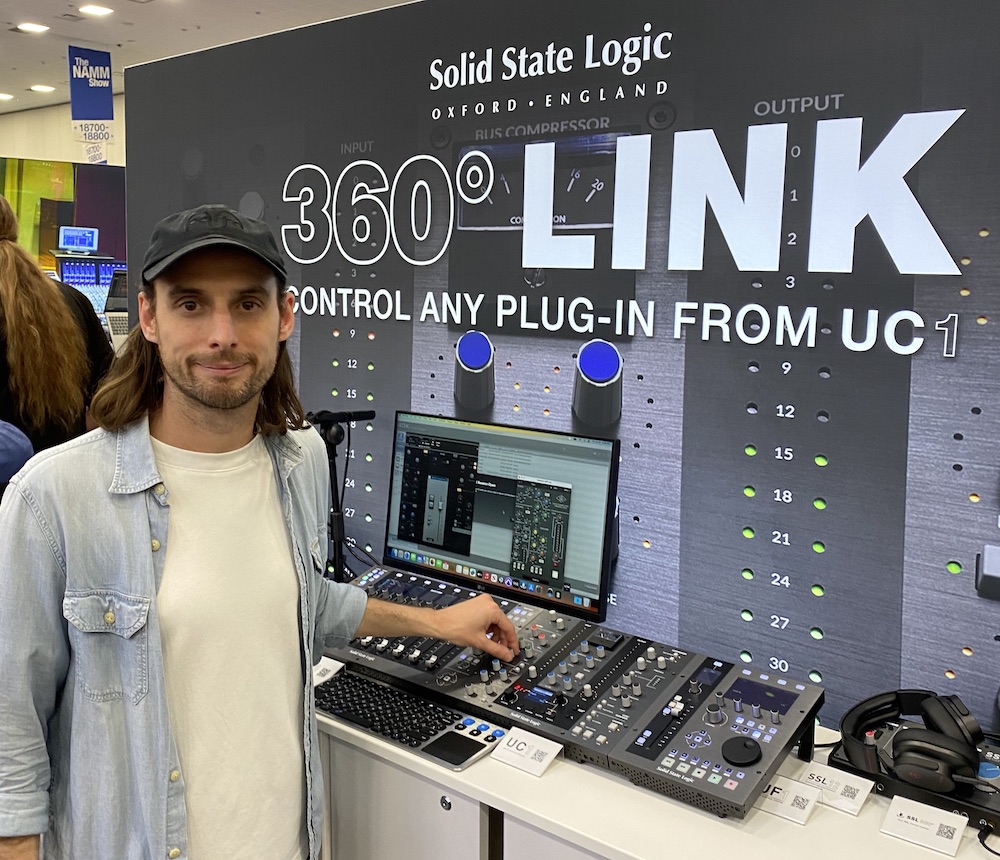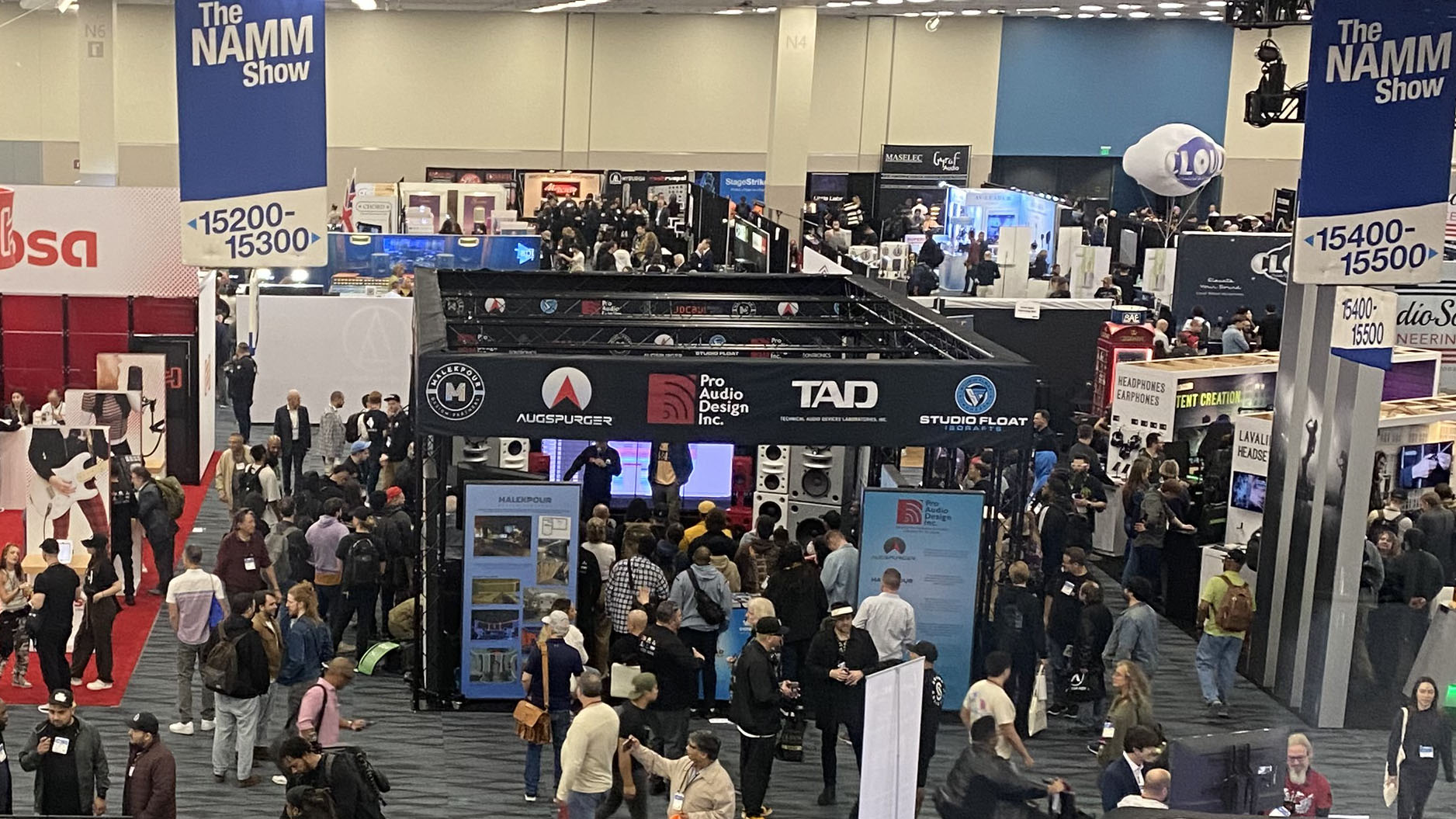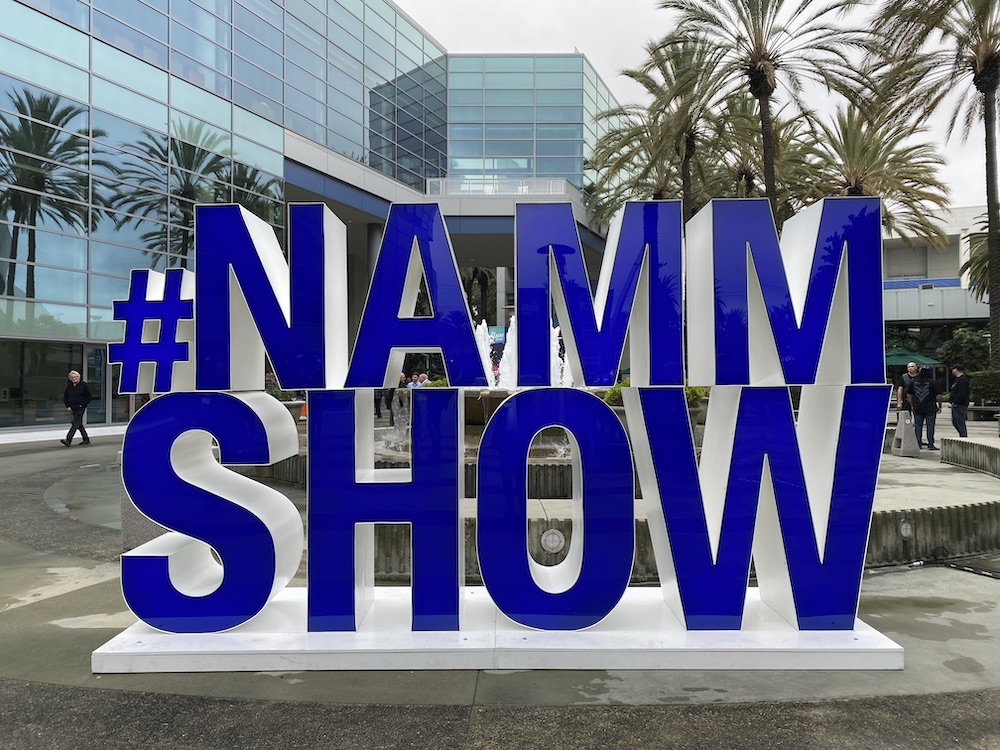Seen on the Scene: NAMM 2024, Part 2

Anaheim, CA (January 29, 2024)—The annual NAMM Show, held January 25-28 in Anaheim, was a hit, once again bringing the industry together to network, see the latest and greatest advancements in audio and MI and generally celebrate the year ahead. Seen by many as a ‘make or break’ year following the pandemic and two years of NAMM Shows held at other times of the year, this edition found the venerable convention largely back to form, particularly in the Pro Audio building, where exhibitors we spoke to unanimously said it beat their expectations and that it was getting very close to pre-pandemic levels in terms of activity and results. DON’T PASS UP PART 1 OF WHAT WE SAW AT THE SHOW!
Here’s just some of what we saw around the show:

New York, NY (February 14, 2024)—Dear Reality has made its name by producing immersive audio software such as the spatializer Dear VR Pro and the room simulator Dear VR Monitor, among others. With Exoverb (Mac/Windows), the company brings its spatial technology to an affordable stereo reverb plug-in that includes innovative controls for standard reverb parameters.
Exoverb includes 50 impressive-sounding reverb types (referred to as “acoustic scenes”) distributed within four categories: Ambiences, Rooms, Halls and Plates. They were created with a hybrid reverb engine that mixes algorithmic operation with “synthesized spatial multi-IRs.” The various reverbs are available from a dropdown menu under the large pyramid-shaped grid controller called the Triangle Pad.
Like an X-Y pad, the Triangle Pad features a cursor that you drag to change values. Dragging vertically governs the wet/dry balance; dragging horizontally changes the balance of early and late reflections. More of the former enhances the transients. More of the latter smooths out the sound and emphasizes the tail.
On many reverbs, the early and late reflections are controlled by separate knobs, making it more tedious to try out different proportions.





